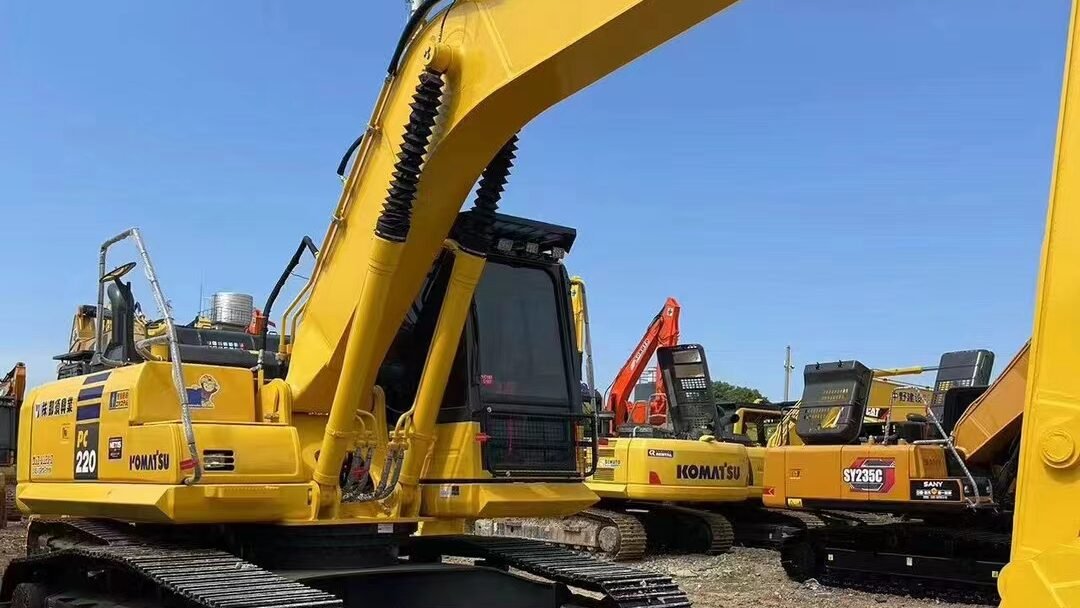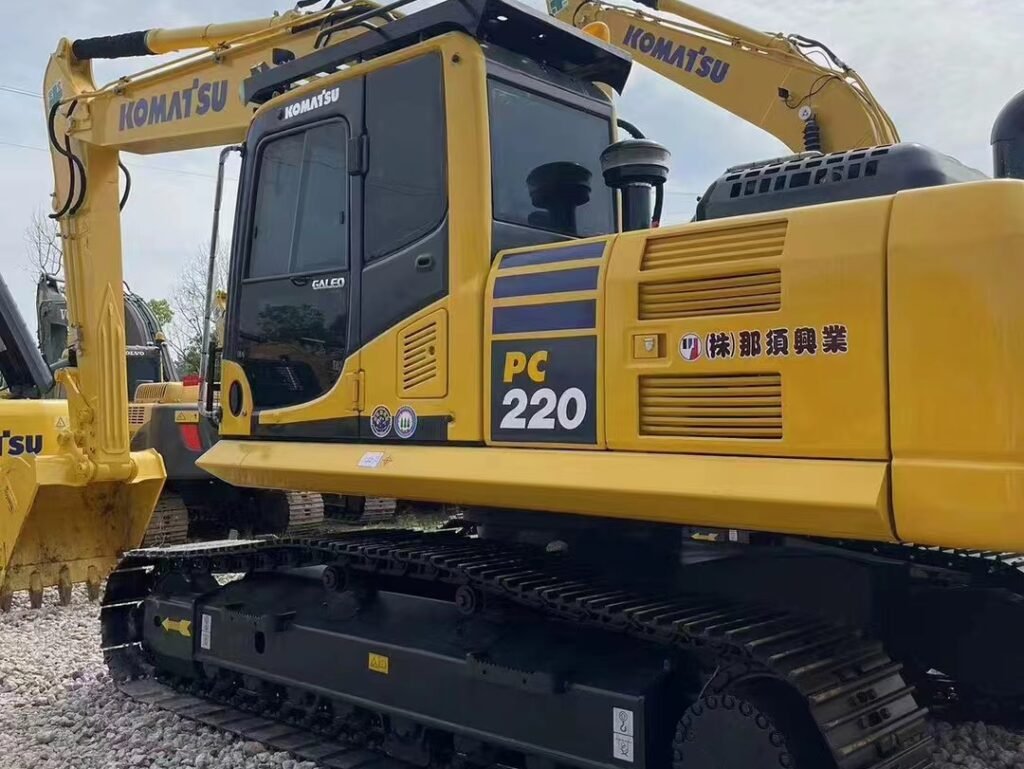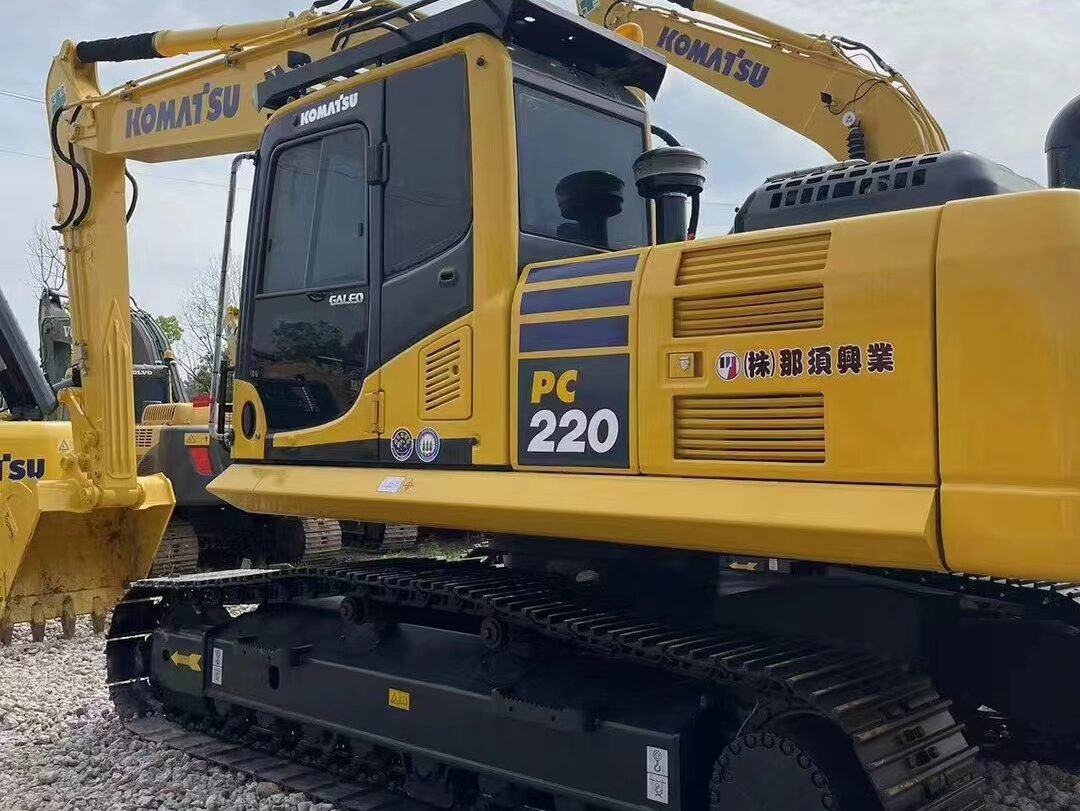I. Introduction
A. Importance of the Used Excavator Market
- The used excavator market holds a significant position in the global construction and engineering industries, being widely favored for its cost-effectiveness and availability. With increasing investments in infrastructure, especially in emerging markets, the demand for used excavators continues to grow. Many companies seek affordable equipment to address project budget constraints, highlighting the immense potential of this market.
B. Impact of Policy Changes on the Market
- Changes in export policies, such as tariffs, import standards, and environmental regulations, directly affect the supply chain, market prices, and competitive landscape for used excavators. For instance, if a country raises tariffs on imported used equipment, it may lead to increased costs, affecting sales strategies and market share. Businesses need to closely monitor these changes to adjust their strategies in a timely manner.
II. The Necessity of Monitoring Policy Changes
A. Identifying Market Opportunities
- Policy changes often create new market opportunities. For example, when a country relaxes restrictions on used equipment imports, businesses can swiftly enter that market and capture early advantages. Additionally, understanding the policy directions of various countries can help identify potential markets and formulate corresponding entry strategies to gain a larger market share.
B. Mitigating Risks
- Staying informed about policy changes helps businesses mitigate compliance and legal risks. Failure to adhere to new regulations can result in fines, equipment returns, or restrictions on market access. By keeping track of policy dynamics, companies can proactively adjust their strategies to ensure compliance and reduce legal risks.
III. Key Areas of Policy Change
A. Tariffs and Tax Policies
- Tariff and tax policies for used excavators frequently change across countries, affecting the cost of importing equipment. Businesses need to understand the tariff rates of different countries and any possible exemptions to formulate appropriate pricing strategies in various markets.
B. Import Standards and Inspection Requirements
- Countries may alter import standards and inspection requirements for used excavators due to safety, quality, or environmental reasons. Companies must closely monitor these requirements to ensure their products meet the standards of target markets, avoiding barriers to market access due to non-compliance.
C. Environmental Regulations
- As global environmental demands increase, countries may strengthen regulations concerning the environmental impact of used excavators. For instance, some countries may require imported equipment to meet specific emission standards. Staying updated on these regulatory changes allows businesses to adjust product designs and supply chain management to ensure compliance.

IV. Implementation Strategies
A. Regular Monitoring of Policy Dynamics
- Establish an effective policy monitoring mechanism to regularly track changes in policies related to used excavators in various countries. This can be achieved through subscribing to industry news, participating in industry associations, or collaborating with policy analysis organizations. Regular assessments of the potential impacts of policy changes on the market can help businesses respond quickly.
B. Strengthening Collaboration with Local Agents
- Build strong partnerships with local agents and distributors in target markets, as they often possess in-depth knowledge of local policies and market dynamics. Through collaboration, companies can obtain first-hand market information and policy interpretations, enabling them to develop better market entry strategies.
C. Flexibly Adjusting Market Strategies
- Timely adjust export strategies and market positioning based on policy changes. For example, if a country increases taxes on imported equipment, businesses may need to revise their pricing strategies or explore alternative markets. Being flexible in response to policy changes can help companies maintain a competitive edge and market share.
V. Conclusion
A. Summary of the Impact of Policy Changes on the Market
- Monitoring policy changes is crucial for success in the used excavator market. By promptly adjusting strategies, businesses can seize market opportunities and mitigate potential risks, thus remaining competitive in a challenging market environment.
B. Recommendations for Businesses
- Companies should establish a systematic policy monitoring mechanism to ensure that they can quickly adjust their strategies in response to policy changes. By collaborating with industry associations, policy analysis organizations, and local agents, businesses can better navigate policy changes, maintain competitive advantages, and capture market opportunities.



